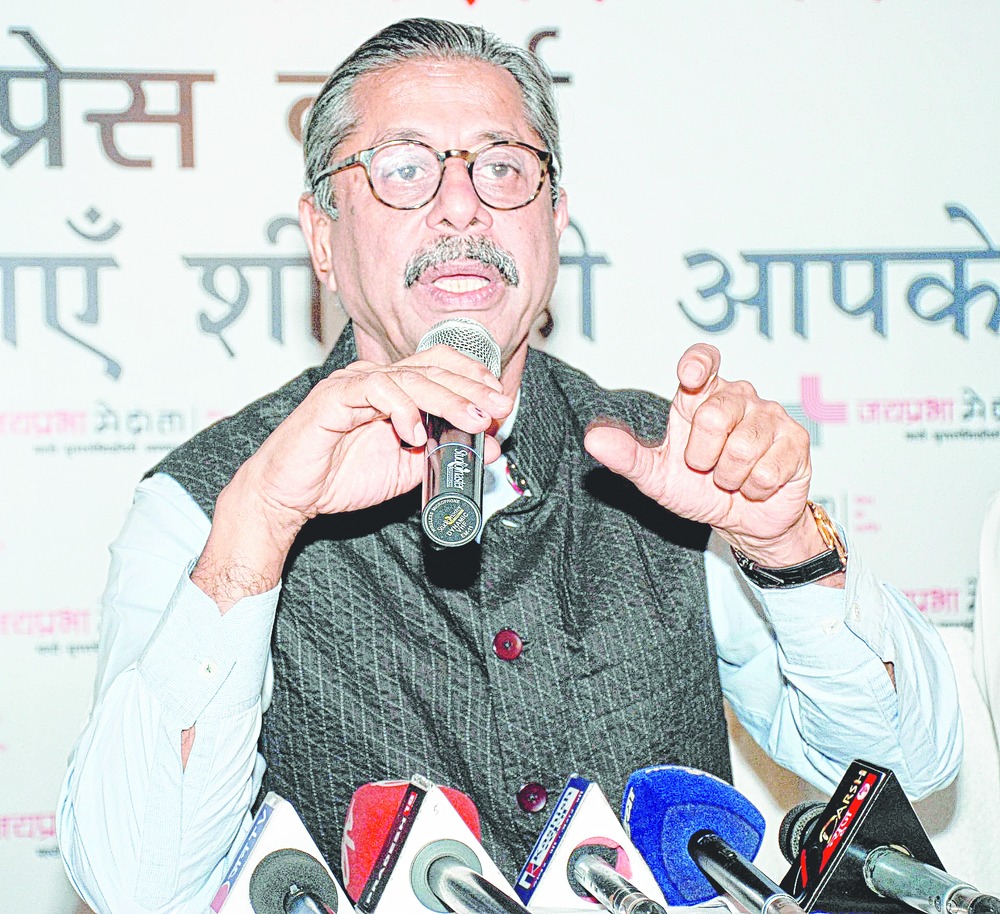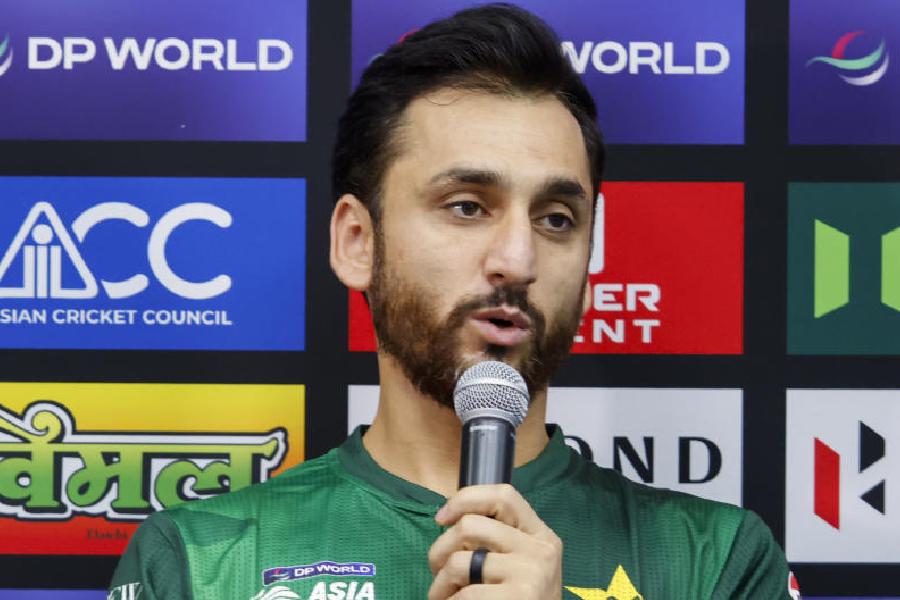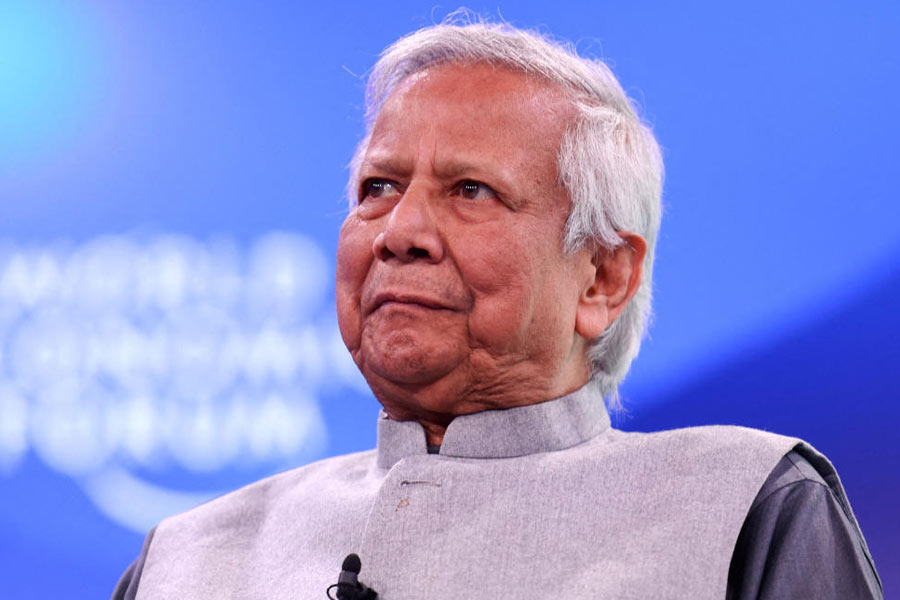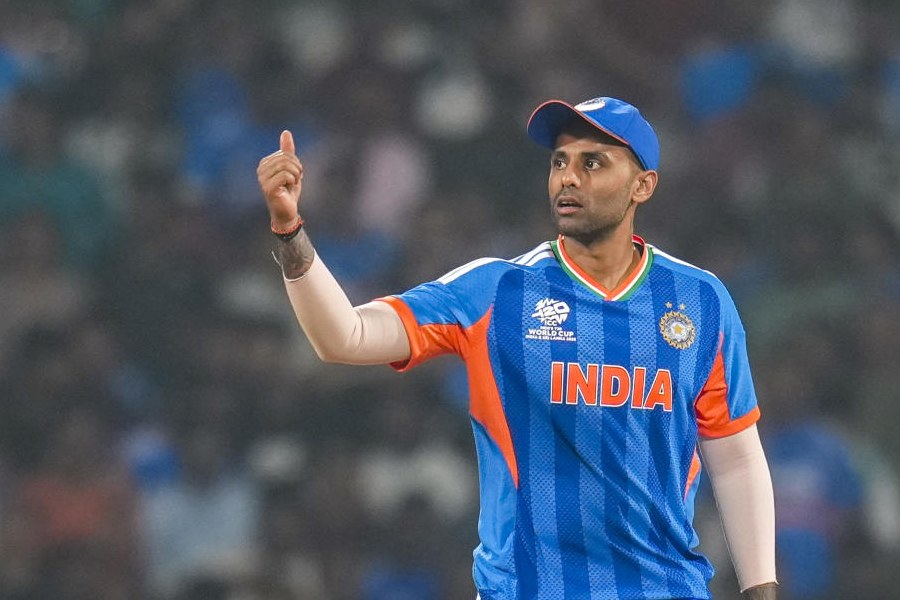
Chief minister Nitish Kumar on Thursday laid the foundation stone for Jayaprabha Medanta Hospital, the super-speciality hospital project of the health department. The 500-bed hospital would be constructed within two-and-a-half years, and its OPD (outpatient department) would start functioning within a year.
Among the super-speciality departments at the hospital would be orthopaedics, cancer, cardiology, trauma & critical care, neurosciences, renal sciences, endocrinology & diabetes, gastroenterology, liver, kidney and bone marrow transplant.
The hospital will come up on the 7-acre area of the Jayaprabha Hospital at Kankerbagh, which the state government has provided on 33 years' lease to Medanta. The Medanta Group will spend Rs 600 crore for the construction of the hospital.
"The hospital would serve the purpose of such patients who need special treatment and in absence of a super-speciality hospital go outside the state for treatment," Nitish said.
Last year, the health department floated a global tender to select a private player with the help of the International Finance Corporation (IFC). Six established names - Medanta, Apollo, Asian Institute of Medical Sciences, Global Healthcare Systems Private Limited, Narayan Hrudayala, and Abengoa from Spain - evinced interest. Gurgaon-based Medanta bagged the project and on August 22 last year signed an agreement with the health department in public private partnership (PPP) mode. Medanta received the land on August 31.
"Around one-third of OPD patients at AIIMS, Medanta and other hospitals in Delhi are from Bihar and Uttar Pradesh," said Naresh Trehan, chairman and managing director of Medanta Group, who was in Patna for the foundation event along with two of his doctor colleagues, Ajayanand Jha and Rajiv Gupta, who have roots in Bihar. "The hospital will cater to the needs of such patients as they won't need to take the pain of going outside for treatment, and it will be cost-effective too," Trehan added.
Jayaprabha Medanta will reserve one-fourth of its 500 seats for below-poverty-line patients. Such patients would be provided treatment on Central Government Health Schemes rates, and the state government will reimburse the treatment cost to such patients.










